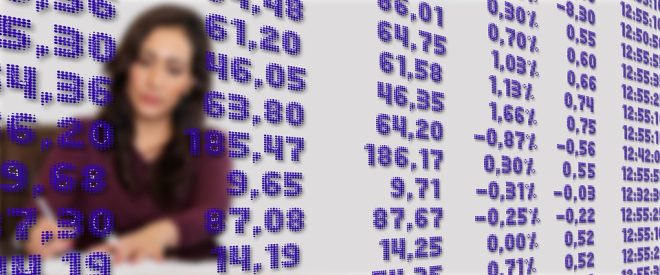
If you’re new to the world of forex trading, you may be feeling overwhelmed by all the information out there. It can be difficult to know where to start, what to look for, and how to avoid potential pitfalls. However, with the right knowledge and guidance, you can begin your forex trading journey with confidence. In this guide, we will help you understand the basics of forex trading, what you need to know before you start, and how to get started on the right foot.
Understanding Forex Trading
Forex trading, also known as foreign exchange trading, involves the buying and selling of currency pairs. The forex market is the largest and most liquid market in the world, with trillions of dollars being exchanged on a daily basis. Traders speculate on the value of one currency against another, hoping to make a profit from the fluctuations in exchange rates.
Key Terms to Know
Before you start forex trading, it’s important to familiarize yourself with some of the key terms and concepts:
- Pip: The smallest price move that a given exchange rate can make.
- Leverage: The ability to control a large position with a relatively small amount of capital.
- Lot size: The size of a trade in forex, typically measured in standard, mini, or micro lots.
- Spread: The difference between the bid and ask price of a currency pair.
What You Need to Know Before You Start
Before you start forex trading, there are a few key things you need to know:
- Educate Yourself: Take the time to learn about the forex market, trading strategies, and risk management. There are plenty of educational resources available online, including courses, webinars, and tutorials.
- Choose a Reputable Broker: It’s important to choose a broker that is regulated and has a good reputation. Look for a broker that offers competitive spreads, a user-friendly trading platform, and excellent customer support.
- Start Small: As a beginner, it’s best to start with a small amount of capital and trade with low leverage. This will help you minimize your risk while you gain experience and confidence.
- Develop a Trading Plan: Before you start trading, it’s essential to have a well-defined trading plan in place. This plan should outline your trading goals, risk tolerance, and money management strategy.
Getting Started with Forex Trading
Once you have a solid understanding of the forex market and the necessary knowledge to start trading, you can follow these steps to get started:
- Open a Trading Account: Choose a broker and open a trading account. You will need to provide identification documents and fund your account.
- Download a Trading Platform: Most brokers offer a downloadable trading platform that you can use to execute trades and analyze the markets.
- Practice with a Demo Account: Many brokers offer demo accounts that allow you to practice trading with virtual money. This is a great way to get comfortable with the trading platform and test out your trading strategies.
- Start Trading: Once you feel comfortable with the trading platform and have a solid trading plan in place, you can start trading with real money. Remember to start small and manage your risk carefully.
Conclusion
Forex trading can be a rewarding endeavor, but it requires a solid understanding of the market and a disciplined approach to trading. By taking the time to educate yourself, choose a reputable broker, and develop a well-defined trading plan, you can start forex trading with confidence. Remember to start small, practice good risk management, and stay disciplined in your trading approach. With time and experience, you can become a successful forex trader.
FAQs
1. Why do I need a website for forex trading?
A website can be a valuable tool for forex traders, as it can provide educational resources, market analysis, trading tools, and a platform for communication with other traders. Additionally, some brokers offer trading platforms that are web-based, allowing you to trade directly from your web browser.
2. What are some quality keywords to rank my article/post?
Quality keywords for ranking your forex trading article/post may include: forex trading, forex market, currency trading, foreign exchange, trading strategies, risk management, forex broker, trading platform, and forex education.



